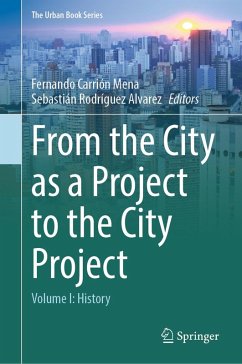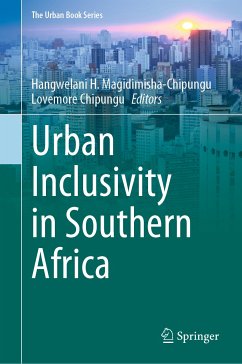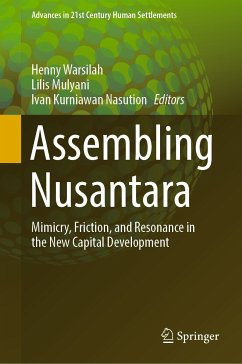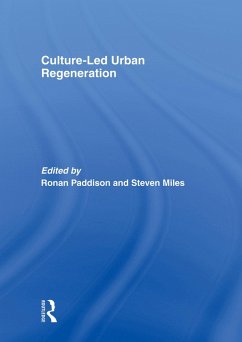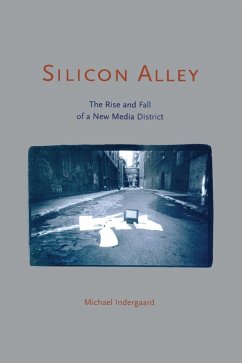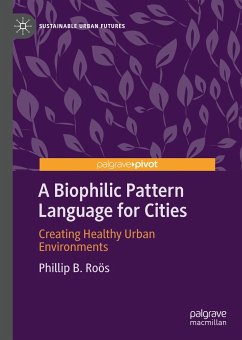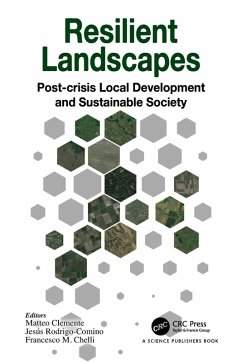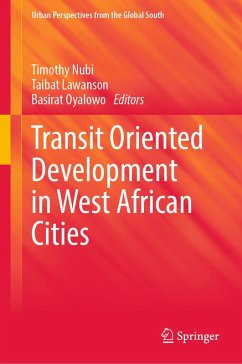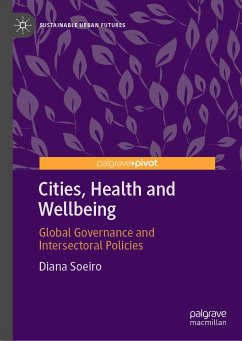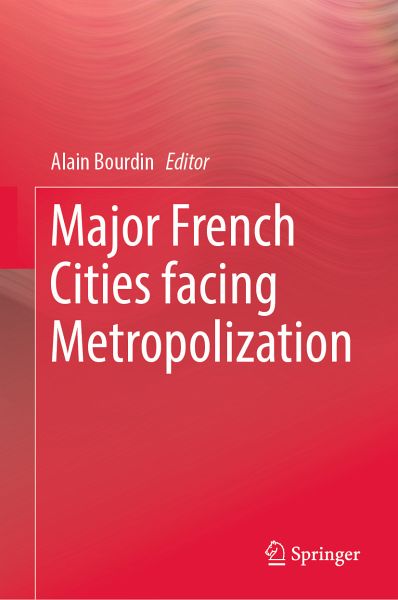
Major French Cities facing Metropolization (eBook, PDF)
Versandkostenfrei!
Sofort per Download lieferbar
120,95 €
inkl. MwSt.
Weitere Ausgaben:

PAYBACK Punkte
60 °P sammeln!
This book characterizes a type of city, i.e. the metropolis, by using characteristics which have very little to do with its size. It distinguishes between metropolises and megacities and defines these different characteristics by bringing together elements related to facilities, accessibility and economic power on one hand and other elements which relate more to the capacity for innovation and, more generally, to the knowledge society and economy. All of which demonstrate the process of metropolization, as well as elements of daily life and, more generally, elements which relate to the urban e...
This book characterizes a type of city, i.e. the metropolis, by using characteristics which have very little to do with its size. It distinguishes between metropolises and megacities and defines these different characteristics by bringing together elements related to facilities, accessibility and economic power on one hand and other elements which relate more to the capacity for innovation and, more generally, to the knowledge society and economy. All of which demonstrate the process of metropolization, as well as elements of daily life and, more generally, elements which relate to the urban experience. To live in a metropolis is not only to benefit from more urban amenities, but also to live in a different way, in particular, in a world which is much more diverse in every respect.
Based on a series of metropolization criteria constructed and discussed, this book goes beyond ordinary statistical approaches to integrate the interterritorial scale of metropolitan systems as well as their qualitative dimension. Following in Simmel's footsteps, it shows that a city is also an atmosphere, a mentality, a spirit, all of which are poorly captured by statistical data. As such, the book focuses on five major themes: networks, economic development, social issues, urban form and the ecological and digital transition.
The books makes an interesting read for urban planners, sociologists, planners and architects, and all specialists working in this field.
Based on a series of metropolization criteria constructed and discussed, this book goes beyond ordinary statistical approaches to integrate the interterritorial scale of metropolitan systems as well as their qualitative dimension. Following in Simmel's footsteps, it shows that a city is also an atmosphere, a mentality, a spirit, all of which are poorly captured by statistical data. As such, the book focuses on five major themes: networks, economic development, social issues, urban form and the ecological and digital transition.
The books makes an interesting read for urban planners, sociologists, planners and architects, and all specialists working in this field.
Dieser Download kann aus rechtlichen Gründen nur mit Rechnungsadresse in A, B, BG, CY, CZ, D, DK, EW, E, FIN, F, GR, HR, H, IRL, I, LT, L, LR, M, NL, PL, P, R, S, SLO, SK ausgeliefert werden.



